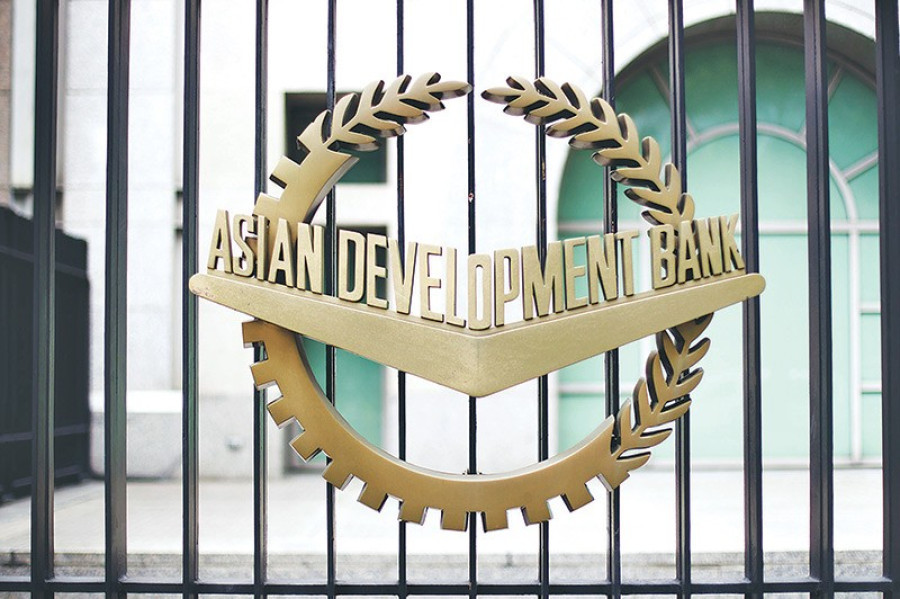Money
ADB approves $166 million support for urban resilience in Nepal
ADB’s financing package includes a $6 million grant from the Asian Development Fund, which provides grants to ADB’s poorest and most vulnerable developing member countries.
Post Report
The Asian Development Bank (ADB) has approved a $166 million financing package to boost the local economy in Nepal by building climate- and disaster-resilient cities that promote sustainable tourism and provide residents with a better quality of life.
The Urban Resilience and Livability Improvement Project aims to contribute to the economic growth, resilience, and livability of Devdaha, Lumbini Sanskritik, Sainamaina, Siddharthanagar, and Tilottama municipalities, as well as Janakpur sub-metropolitan city and Pokhara metropolitan city.
ADB will strengthen the municipalities’ resilience to climate and disaster risks through infrastructure development by constructing 150km of stormwater drainage, rebuilding 100km of roads, and 45km of footpaths—responsive to the needs of children, women, the elderly, and people with disabilities.
It will establish bicycle lanes to promote clean and healthy mobility.
“This project supports the government’s current National Urban Development Strategy to improve planning and investments in urban corridors and drive sustainable economic growth. It also continues ADB’s long-term engagement with Nepal to strengthen municipal governance and improve basic services delivery,” said ADB Senior Urban Development Specialist Laxmi Sharma.
“ADB’s support will help the concerned municipalities to design climate-resilient urban infrastructure, develop tourism potential, and strengthen institutional capacity to achieve their full economic potential and sustainable growth.”
According to a press statement issued by the ADB, the project will support the development of tourism to boost the local economy. It will improve historical, cultural, and natural heritage sites in each project municipality and incorporate gender equality and social inclusion-responsive features to increase opportunities for women and disadvantaged groups’ access and socioeconomic benefit.
It will promote biodiversity conservation and beautify public areas, including greening parks and open spaces, including the Siddharthanagar Dandha river corridor.
The project will build the capacity of municipalities and the Department of Urban Development and Building Construction on financial management and revenue generation, urban resilience planning, and ecosystem management.
It will also support community internships and skills improvement programmes, particularly for women and disadvantaged groups.
ADB’s financing package includes a $6 million grant from the Asian Development Fund, which provides grants to ADB’s poorest and most vulnerable developing member countries.




 9.7°C Kathmandu
9.7°C Kathmandu














